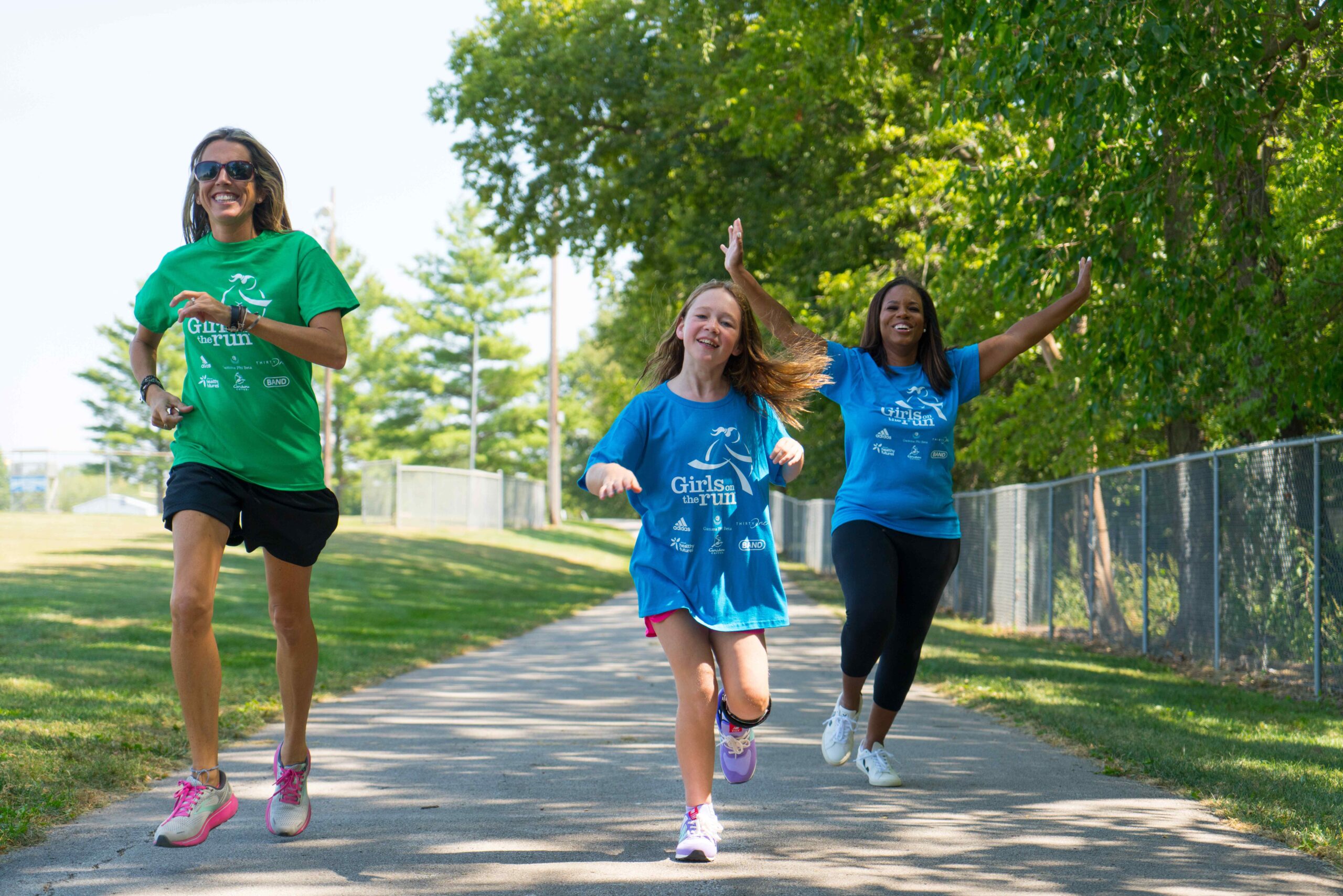Narrative Call to Action
Reframe Training as a Benefit
When coaches see training as a benefit, they’re more engaged, more confident, and more likely to stick with the role. It equips them with fresh strategies, strengthens their connections with kids, and reinforces that they’re not in this alone. Training isn’t just about improving sport skills – it’s about making the entire coaching experience more enjoyable and sustainable. By reframing training as a perk – not a chore – we can build a stronger coaching culture where learning is something coaches look forward to.
→What this looks like when we get it right: People are drawn to organizations that offer meaningful, high-quality training. Coaches desire training because they clearly understand its benefits. They complete it because they recognize its value – and many proactively seek out more learning opportunities. Training becomes a reason coaches join, stay, and recommend coaching to others.
→Who can drive this change? Program Operators, including leagues, clubs, schools, camps and community programs; Sports Governance, including national governing bodies and member associations; Coach Education; Data & Research, including coach development researchers

Why This Issue
When we reframe training as a benefit, we help coaches see it as a gift, not a demand. And when coaches feel supported and valued, everyone wins – especially the kids whose lives they shape every day.
Getting Started
Lead with the “What’s in It for Me”: Promote the full range of benefits coaches gain from training – less stress, more confidence, and practical tools that make each practice run more smoothly. Highlight how training also builds life skills like leadership, communication, and problem-solving that benefit coaches in their work, families, and communities. Use testimonials, video clips, and data to show the real impact training has had on coaches’ seasons and satisfaction.
Celebrate training achievements: Offer visible recognition – digital badges, certificates, social media spotlights, or sideline shoutouts – that show the organization values training and personal growth. Celebrate coaches’ training milestones (e.g. completing level I, reaching a higher status of coach) to create a sense of accomplishment.
Position training as a perk: Frame training as part of the “coach benefits package” in recruitment materials. Clearly communicate that training is an investment in the coach’s success – making their job easier and more enjoyable while ensuring kids have a great experience.
Show that it works: Utilize tenured coaches and existing data to build credibility and reinforce training works. Invite experienced coaches to share stories about how they personally benefitted from training. Real world examples such as how training improved their coaching, reduced challenges or helped them connect with kids help bring the benefits of training to life. Share data and research about the impact of training on coaches’ experience.
Position training as career development: Frame training as more than just preparation for the season – show how it can build transferable skills like leadership, conflict resolution, communication, and team management that are valuable in any career. Partner with local employers, schools, or workforce programs to highlight how the coaching experience and related training can enhance résumés, open doors for future opportunities, and strengthen professional networks. Encourage coaches to track and showcase their training achievements as part of their professional growth portfolio.